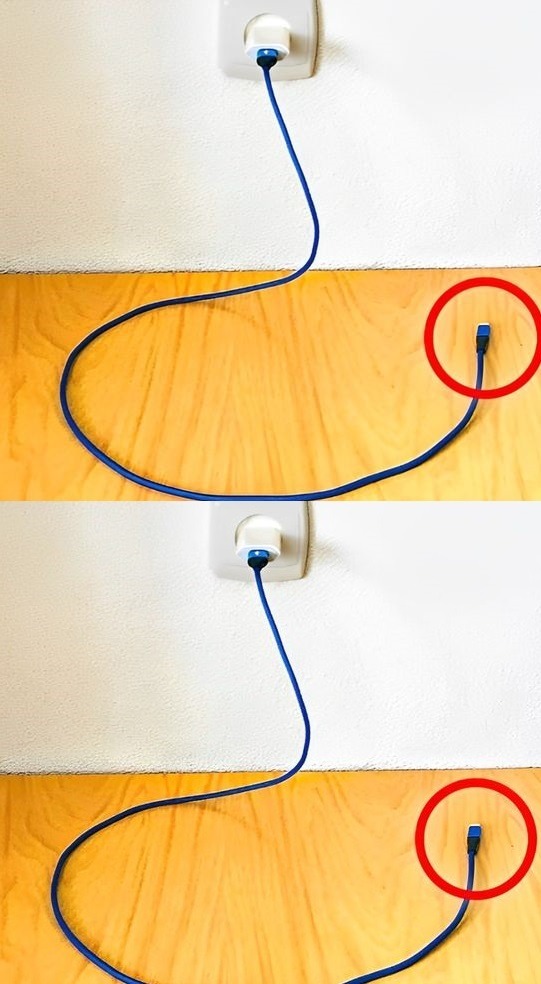4. Environmental Impact: The Hidden Carbon Footprint
In an age where eco-consciousness is critical, leaving chargers plugged in feels like giving the planet a cold shoulder.
Wasted Energy, Wasted Resources
Carbon Emissions: That small amount of energy wasted by idle chargers contributes to global greenhouse gas emissions.
A Global Perspective: Small, seemingly insignificant actions—multiplied across billions of households—have massive environmental consequences.
E-Waste Concerns
Shortened Lifespans: Leaving chargers plugged in reduces their longevity, leading to more frequent disposal.
Improper Disposal: Many chargers end up in landfills, releasing harmful substances into the environment.
5. The Worst-Case Scenario: Charger Failure When You Need It
Picture this: Your phone is at 1%, and your charger—worn out from years of unnecessary idle use—suddenly fails. This isn’t just inconvenient; it’s a direct result of neglecting simple habits.
Reduced Efficiency
Internal Damage: Components inside the charger degrade over time when exposed to constant energy flow, even if they’re not actively charging a device.
Loss of Reliability: When you need it most, your charger might not be there for you.
Avoidable Inconvenience
A small habit—unplugging your charger—could save you from frustrating scenarios and unexpected expenses.
The Solution: A Simple Habit with Big Rewards
Unplugging your charger when it’s not in use takes just a second, but it offers a range of benefits:
Save Money: Reduce electricity bills by eliminating vampire power.
Boost Safety: Minimize the risk of fires and electrical overloads.
Protect the Environment: Help conserve energy and reduce e-waste.
Extend Charger Lifespan: Keep your chargers functional for longer.
Pro Tips for Smarter Charger Use
Invest in Surge Protectors: These devices protect your chargers and gadgets during power surges.
Use Smart Plugs: Remotely control energy flow to idle devices using smartphone apps.
Buy Quality Chargers: Choose reputable brands with built-in safety features like overheat protection.
Unplug Power Strips: If no devices are in use, disconnect the entire strip to save energy.
Create a Routine: Make unplugging chargers as automatic as turning off lights.
Conclusion: Unplug for a Safer, Greener Future
The next time you see a charger idly plugged into the wall, think about the hidden risks—higher bills, fire hazards, environmental waste, and premature charger failure. A simple habit change can have profound effects on your finances, safety, and the planet.
By unplugging your charger, you’re making a choice for a safer home, a healthier wallet, and a more sustainable world. Let’s be mindful of the small actions that collectively lead to big changes. After all, even your outlet deserves a break!













